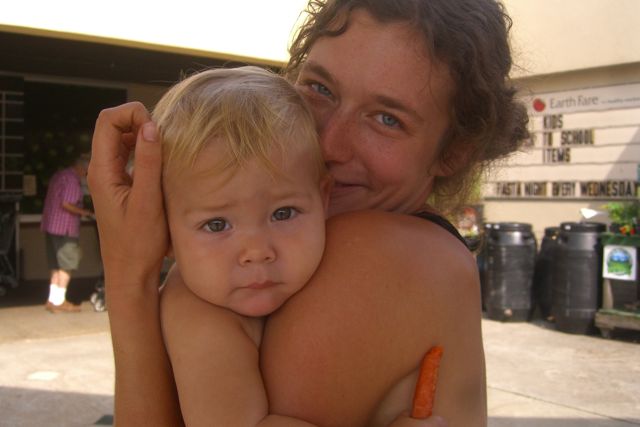sharing the journey of Relationship, Embodiment, and Awakened Living
sharing the journey of Relationship, Embodiment, and Awakened Living

Hold yourself as a mother holds her beloved child.
The Buddha
Inner Empathy is like an internal consensus process where I distinguish the different voices in my head and get the bullies to quiet down and the shy parts of me to speak up. It's not just about bringing out those hidden parts, however, but about me being willing to acknowledge them. That's what makes this approach more empowering than finding someone else to help me "vent." I learn to calmly comfort the aching parts of myself, like taking a crying child onto my lap.
More than anything, I am reminded again and again that often the best way to fix something is just to let it be. If my "inner child" is crying or longing, then that's all that needs to happen. In other words, I just need to listen, with a patient, compassionate presence, the kind that says it's ok to be sad; it's OK to be vulnerable.
This kind of self-reassurance is usually the last thing we learn in this culture, whether "new age" or not. Inner Empathy is pretty special because it's not about self-improvement; it's about self-acceptance. We learn that we don't have to buy or do anything; in fact, what's needed is usually just the opposite. The message is basically the same as in many Eastern traditions and meditation practices. But the author has rooted it in the practical, everyday challenges we face, while thoroughly identifying the potential pitfalls in practicing Inner Empathy on your own.
One benefit I've enjoyed from studying Inner Empathy in a group is that, in doing practice sessions with others, I've had some of my first experiences of deep emotional intimacy with people I've basically just met. I've had new relationships spring up and old relationships revive like plants after a desert rain. Providing empathetic presence has proven to be both immensely rewarding and immensely valuable, for I now know how to make space for people. I know what most people desperately need. "Quality time" does not get any better than this. I highly recommend Inner Empathy work.
For more information, contact the Asheville Center for Compassionate Communication.